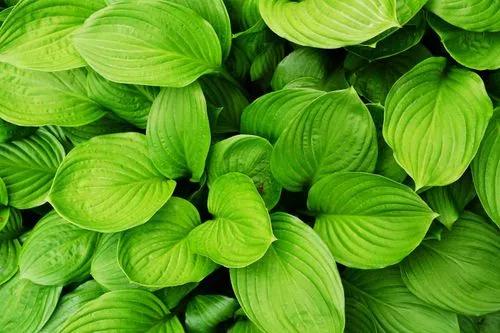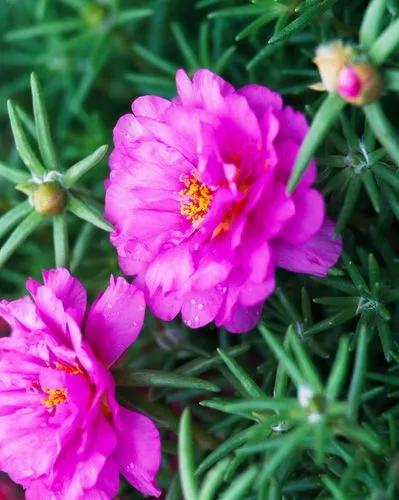Re propagating Neomarica Gracilis. Here in Adelaide, South Australia, (Mediterranean climate) plants grow well and increase in partial shade, as our summers can be very hot. We don't harvest seed, but find that after flowering, stems will hang down to ground level, and if watered, will grow well from there. New plant will flower even if not detached from mother plant. Plants will also increase from rhizomes. We love it, but you do have to be quick not to miss the blooms! It's a joy to go into the garden and see the flowers. The rootstock is variously described as an elongated corm or a rhizome. Plants vary in height from about 7 cm (2.8 in) in the case of T. pusilla to 1.6 m (5.2 ft) in the case of T. spathata subsp. sincorana. Linear to lanceolate leaves grow from the base of the plant. Most species have flowers in some shade of yellow. The six tepals are arranged in two series. The outer tepals (sepals) are larger than the inner ones (petals); both may have brown-purple markings at the base. The stamens have free filaments (i.e. they not fused together or fused to the style). The style is divided into three branches, each of which usually has two lobes.
Neomarica Gracilis Care
Neomarica Gracilis
Other names: Apostle Plant, Apostle's Iris



From the Iris family comes this Neomarica with sword shaped leaves and fragrant flowers. The delicate flowers last only a day but the plant continues to form new blooms for long periods of time during late spring months. Makes also an excellent houseplant. This is not a water Iris, be careful not to overwater. Neomarica gracilis is a type of walking Iris. Once the flower is spent, the stem that it was born on lays to the ground and from that a new plant is formed. For that reason it is said to be walking across your garden.
How to Care for the Plant

Water

In regards to walking iris care, the plant itself requires little in the way of maintenance with exception of providing plenty of moisture. You should water your walking iris regularly during its active growth. Allow the plant to go dormant in winter and limit its watering to once monthly.

Pruning

Remove declining leaves as needed and before new growth begins during late winter. Old flower heads and shoots may be removed if not desired as starts for new plants. Uses: Add to the perennial garden or use as a ground cover in open areas where greenery and blooms are needed

Fertilizer

You can feed the plant every two weeks with a water soluble fertilizer in the summer, or use a granular slow release fertilizer annually in early spring as part of your walking iris care. Adding an ample amount of mulch will help with retaining moisture in the soil and insulating plant roots

Sunlight

Part shade / Shade

Soil

Walking iris grows best in moist, well-draining soil in areas with light to full shade but will also tolerate some sun as long as it receives adequate moisture.

Popularity

169 people already have this plant 71 people have added this plant to their wishlists
Discover more plants with the list below
Popular articles






